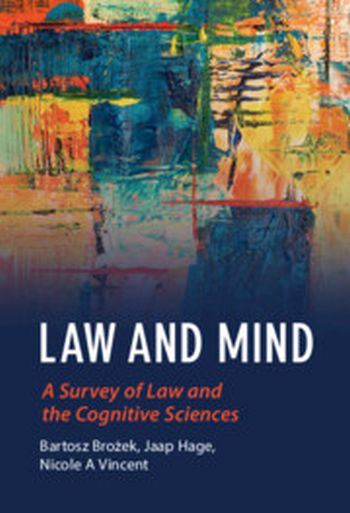
Are the cognitive sciences relevant for law? How do they influence legal theory and practice? Should lawyers become part-time cognitive scientists? The recent advances in the cognitive sciences have reshaped our conceptions of human decision-making and behavior. Many claim, for instance, that we can no longer view ourselves as purely rational agents equipped with free will. This change is vitally important for lawyers, who are forced to rethink the foundations of their theories and the framework of legal practice. Featuring multidisciplinary scholars from around the world, this book offers a comprehensive overview of the emerging field of law and the cognitive sciences. It develops new theories and provides often provocative insights into the relationship between the cognitive sciences and various dimensions of the law including legal philosophy and methodology, doctrinal issues, and evidence.